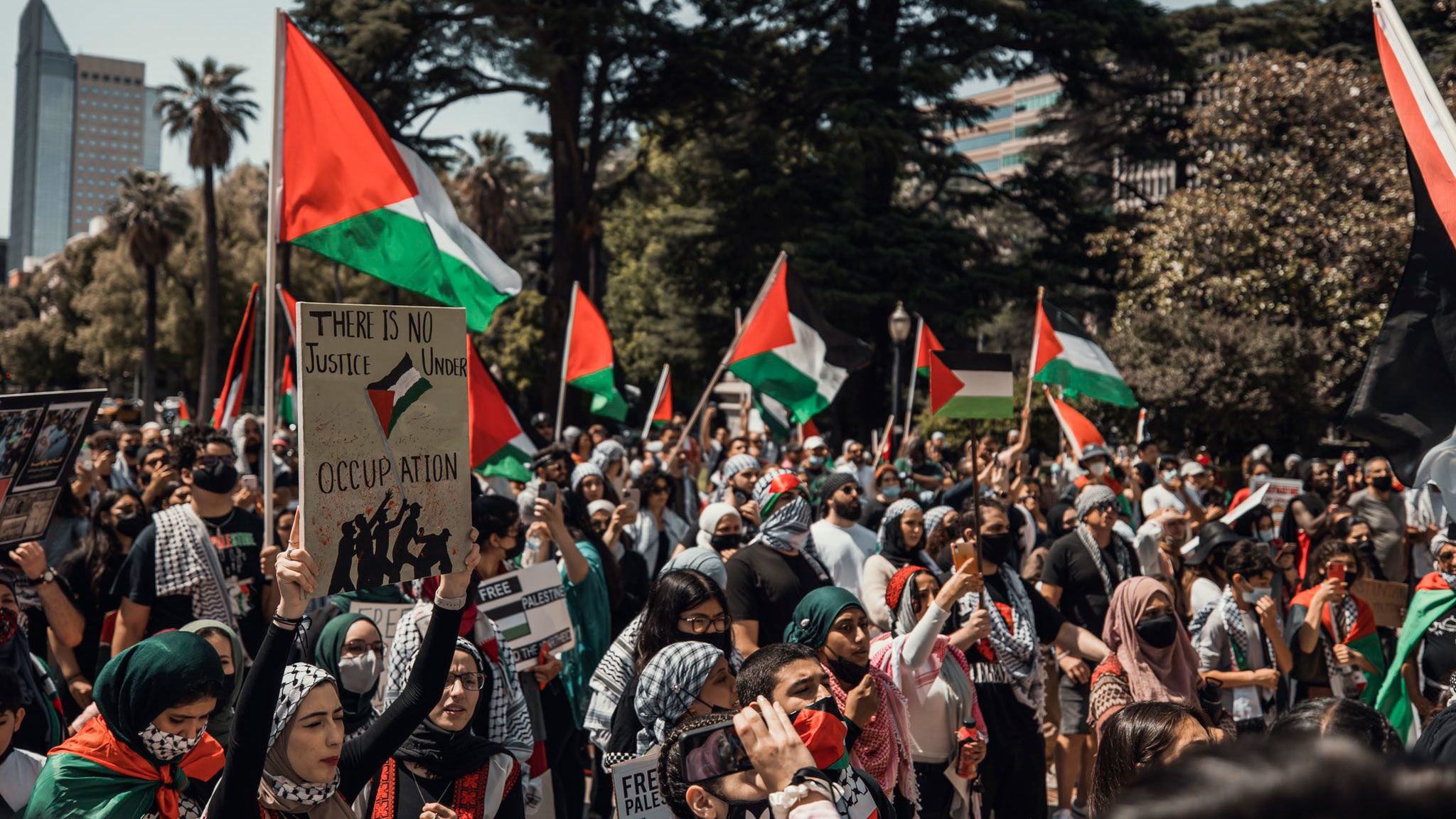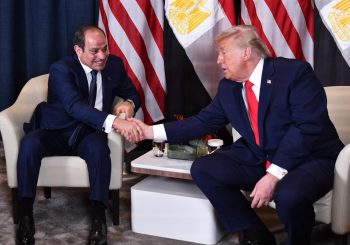Are major online platforms such as Facebook, Instagram, X, YouTube, and TikTok engaged in censoring accounts or deliberately limiting the visibility of pro-Palestine content? Numerous social media users are claiming that a practice commonly referred to as shadowbanning is at play.
Writers, activists, journalists, filmmakers, and everyday users worldwide have reported that platforms are concealing posts featuring hashtags such as “FreePalestine” and “IStandWithPalestine,” along with messages expressing solidarity with civilian Palestinians, who have been under siege for the past two months.
Certain users have specifically accused Instagram, owned by Meta, of arbitrarily removing posts merely mentioning Palestine, citing a violation of “community guidelines.”
Complaints include instances where Instagram Stories about protests supporting Palestine in Los Angeles and the San Francisco Bay Area were allegedly hidden. Additionally, there have also been reports of users expressing concern about the term “terrorist” appearing near their Instagram biographies.
On 15 October, in a post on X, Meta spokesperson Andy Stone attributed the diminished reach of posts to a bug.
“This bug affected accounts equally around the globe and had nothing to do with the subject matter of the content – and we fixed it as quickly as possible,” Stone wrote.
The BBC reported that Meta apologized for adding the word “terrorist” to pro-Palestinian accounts, stating that the issue, which “briefly caused inappropriate Arabic translations,” has been resolved.
In October, 48 organizations, including 7amleh — The Arab Center for the Advancement of Social Media—an advocate for the digital rights of Palestinian and Arab civil society—issued a statement urging tech companies to uphold Palestinian digital rights amid the ongoing conflict.
“We are [concerned] about significant and disproportionate censorship of Palestinian voices through content takedowns and hiding hashtags, amongst other violations,” the statement read.
“These restrictions on activists, civil society and human rights defenders represent a grave threat to freedom of expression and access to information, freedom of assembly, and political participation,” it added
As Israel intensified its actions in Gaza, resulting in the deaths of thousands of Palestinians in the weeks that followed the 7 October Hamas attacks, speaking out in support of Palestine faced unprecedented backlash in the United States and Europe. While sympathy for Palestine has historically been a minority stance in the West, supporters are now experiencing heightened repercussions.
The backlash against pro-Palestinian voices is seen as an escalation, drawing on decades of organized efforts to label expressions of Palestinian rights as either pro-terrorism or antisemitic. This phenomenon, referred to by the late civil rights attorney Michael Ratner, is known as the “Palestine exception to free speech.”
The silencing of pro-Palestinian voices in the West has only ramped up since 7 October, and now, people are losing their jobs as a direct consequence.
Davis Polk & Wardwell, an elite law firm, revoked job offers for three Ivy League students associated with letters expressing support for Palestinians and attributing blame to Israel for the Hamas attacks. The firm stated that these views directly oppose its value system and declared that student leaders who endorsed such statements are no longer welcome at the firm.
Mia Khalifa, a former adult film star, faced consequences as well. Playboy terminated its podcasting deal with her after she referred to Hamas as “freedom fighters” on social media. Additionally, Red Light Holland, a magic mushroom brand, dropped Khalifa as an adviser.
Following a series of pro-Palestine social media posts, a top agent at the Creative Artists Agency (CAA), Maha Dakhil, was removed from her role as co-chief of the motion pictures department at the company. Despite this, she was allowed to remain as an agent. Tom Cruise, her prominent client, expressed full support for Dakhil during a meeting at her CAA office, as reported by Variety.
The Guardian newspaper chose not to renew the contract of its longstanding cartoonist after he publicly complained that the paper refused to publish an illustration depicting Israeli Prime Minister Benjamin Netanyahu cutting a square of his stomach in the shape of Gaza with a scalpel. The cartoonist, Steve Bell, claimed the paper believed it resembled an antisemitic trope from Shakespeare’s The Merchant of Venice, where a Jewish character demands a “pound of flesh.” Bell denied any intentional reference to this trope.
In another incident, Jackson Frank, a basketball reporter for PhillyVoice, criticized the Philadelphia 76ers’ statement supporting Israel and condemning Hamas. He expressed solidarity with Palestine. PhillyVoice responded by firing Frank shortly before the start of the NBA season.
Algerian footballerYoucef Atal was suspended by the French club Nice “until further notice” after posting a video expressing support for Gaza on social media. The Nice public prosecutor’s office has launched a preliminary investigation into Atal on charges of “defending terrorism.”
Following the incident, the 27-year-old deleted the Instagram post and issued a written apology. Nice stated, “The player has acknowledged his error by quickly withdrawing the sharing of the publication and has offered a public apology in writing.”
Similarly, Moroccan right back Noussair Mazraoui faced scrutiny from Bayern Munich after sharing a pro-Palestinian video on social media.
Following his return from national team duty, Bayern Munich contacted Mazraoui and held a private meeting with the player in Munich.
After investigations, Bayern CEO Jan-Christian Dreesen stated, “Mazraoui has credibly assured us that as a peace-loving person, he resolutely rejects terror and war and never meant to cause any irritation with his posts.” The 25-year-old footballer later deleted his Instagram account.
These incidents document an alarming breach of liberties across the Western world, with many reporting loss of employment as retaliation over Palestine support. This stance has pushed Western countries into a difficult position with many juxtaposing the inaction regarding the increasingly dire humanitarian crisis in Gaza to the strong response to the invasion of Ukraine, prompting accusations of hypocrisy.
Many have accused Western governments, as well as social media giants, of actively silencing pro-Palestinian voices as tensions rose between Hamas and Israel since the 7 October attacks.







Comment (1)
[…] post Online Pro-Palestine Voices Are Being Silenced in the West first appeared on Egyptian […]